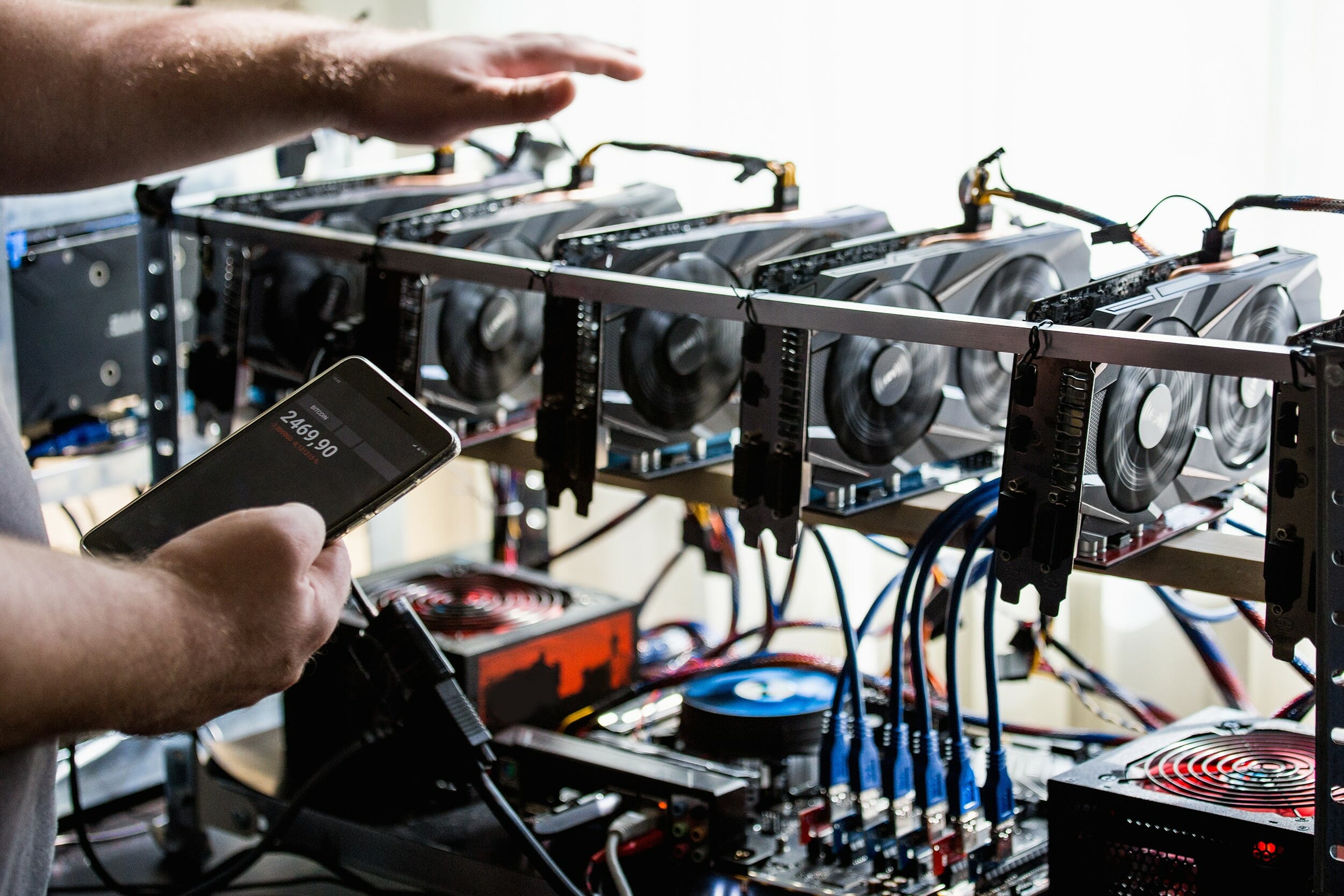Paraguay’s Plans to Ban Cryptocurrency Mining
The proposal went to evaluation and discussion by three Senate committees. Paraguay has been fighting against clandestine bitcoin mining for more than 1 year.
When talking about cryptocurrency mining in Paraguay, the scorching heat is just the tip of the iceberg. With temperatures above average in the country and air conditioning in full operation, the country’s electrical grid is on the verge of collapse. The overloading of Paraguay’s electrical system became a topic of political debate this week.
However, the weather is not the only factor that is straining the electrical grid. The government claims that illegal cryptocurrency mining farms are gobbling up gigawatts like there is no tomorrow. To address this, a group of Paraguayan legislators presented a Bill to try to temporarily reduce the activity of the cryptocurrency mining industry.
The idea is to suspend all activities related to cryptocurrencies, without exceptions: “The creation, preservation, storage and commercialization of virtual assets or crypto assets, cryptocurrencies and the installation of cryptocurrency mining farms in Paraguayan territory are temporarily prohibited.”
Project with Problematic Legal Loopholes
The problem with the new project is not the attempt to protect the population against the lack of electricity. The bill’s broad language could also inadvertently prohibit other cryptocurrency activities. For example, it could ban cryptocurrency staking, which creates virtual assets, and even ban the simple act of holding digital assets in a wallet, which is actually the act of storing or preserving cryptoassets.
According to the bill, the lack of clear regulation for cryptocurrencies left the door open to all kinds of problems. The project highlights issues ranging from consumer protection to potential criminal activities such as money laundering and tax evasion.
Illegal Mining Would Be the Problem
Despite the project’s broad wording, it appears the idea is to address a very specific problem: illegal cryptocurrency mining farms that have been popping up across the country. These clandestine operations have consumed electricity and circumvented existing local regulations.
In a recent raid on Quindii Radio facilities, a staggering 700 active ASICs were discovered. It was a cryptocurrency mining farm so large that it required as much electricity as the city where it was located. Regarding similar cases, government officials say these illegal operations cost the state utility, ANDE, more than $60 million a year in lost revenue.
Proposal’s Approval Process
The project proposes that the ban last 180 days or until a regulation is established. In addition, the project also foresees that the ANDE (National Electricity Administration of Paraguay) can guarantee sufficient infrastructure to sustain the energy demands of cryptocurrency mining without compromising the population.
The project was prepared and presented by 14 Paraguayan senators, most of them members of the political party National Republican Association (ANR), which is one of the most important political groups in that South American nation.
The bill that wants to ban all BTC-related activity was sent to three Senate committees for evaluation and deliberation. These are: The Legislation, Codification, Justice and Labor Commission; the Commission on Energy, Natural Resources, Population, Environment, Production and Sustainable Development; and the Commission for Sciences, Technology, Innovation and the Future.
It is now up to the committees to ensure that the legislative process of the proposal continues without complications. If approved in the committees, the project will be returned to the Senate Plenary and, if it also receives approval there, it will be sent to the Congress of Deputies.
By Audy Castaneda
